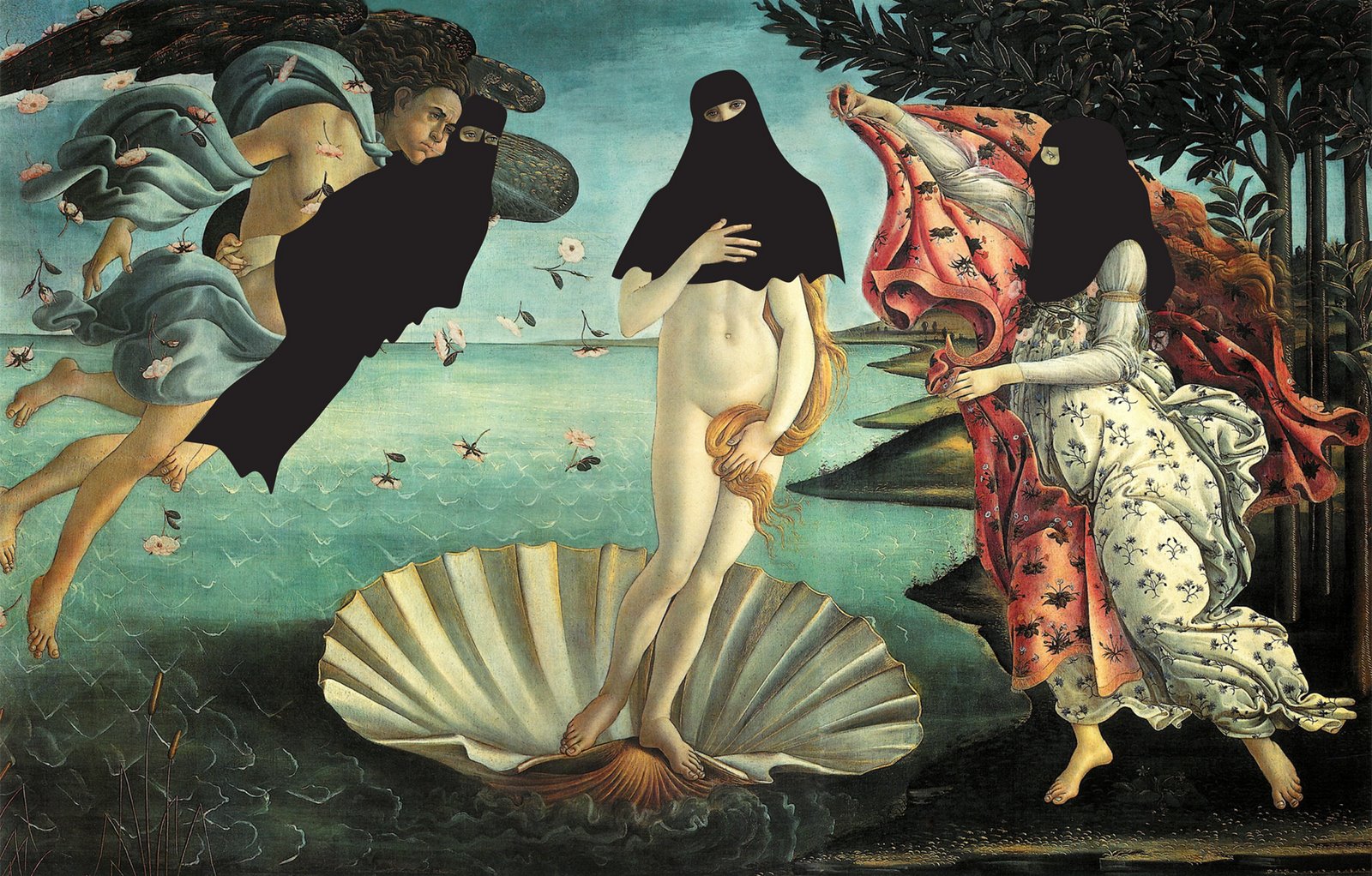STANLEY FISH: Law professors Rex Ahdar and Nicholas Aroney have now put together a volume, to be published in 2011, under the title “Shari’a in the West,” a collection of learned and thoughtful essays by some of the world’s leading scholars of religion and the law. The volume’s central question is stated concisely by Erich Kolig, an anthropologist from New Zealand: “How far can liberal democracy go, both in accommodating minority groups in public policy, and, more profoundly, in granting official legal recognition to their beliefs, customs, practices and worldviews, especially when minority religious conduct and values are not congenial to the majority,” that is, to liberal democracy itself?This is exactly the question posed by John Rawls in a preface to the second edition of “Political Liberalism,” his magisterial account and defense of liberal political principles: “How is it possible for those affirming a religious doctrine that is based on religious authority . . . also to hold a reasonable political conception that supports a just democratic regime?” The words to stumble on are “reasonable” and “just,” which at once introduce the requirement and indicate how hard, if not impossible, it will be to meet it: “reasonable” means confirming to rational, not religious, principles; “just” means respecting the equality of all, not just male or faithful, individuals. With these concepts as the baseline of “accommodation,” accommodation is going to fall far short of anything that will satisfy the adherents of a religion that “encompasses all aspects of public and private law, hygiene, and even courtesy and good manners” (A. A. An-Na’im). In liberal thought these areas are the ones in which the individual reigns supreme and the value of individual choice is presupposed; but, as Ann Black explains, “Muslims do not conceptualize Islam in terms of the Westernized sociological categorization of religion which places the individual at the centre of all analyses.” MORE
Curated News, Culture And Commentary. Plus, the Usual Sex, Drugs and Rock n' Roll

